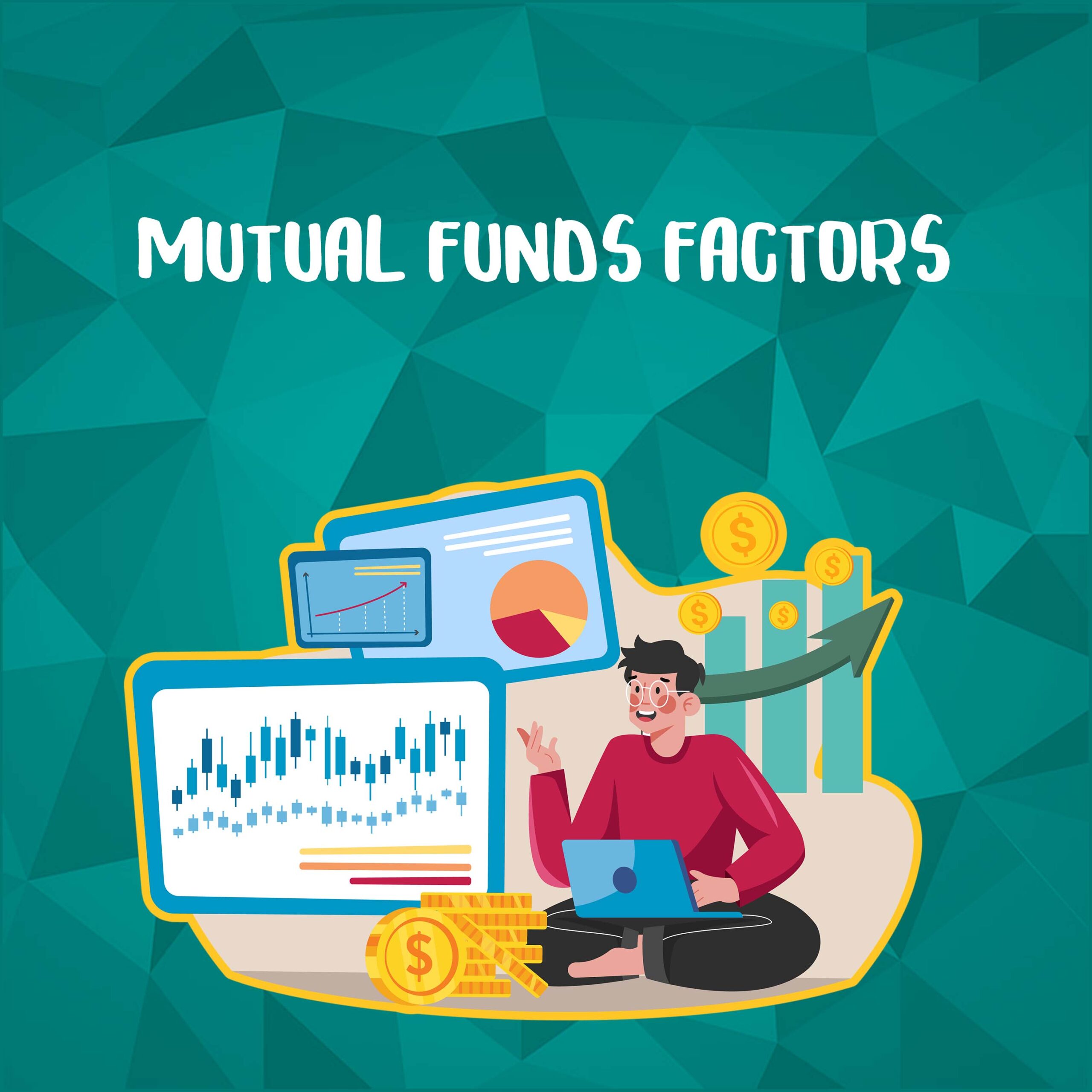‘Mutual funds are subject to market risks’- a line you now know by heart. It is essential that you do enough research to choose which fund house you want to invest in. After all, you know what’s best for you. There are a list of factors that you must keep in mind before investing in a Mutual Fund house. However, it can get a little overwhelming with all the finance jargon, numbers and whatnot. Vittae has curated an easy-to-reach package on the factors to consider while choosing Mutual Funds!
Here’s a list of factors that you can watch out for:
Asset under Management (<10,000 crore)
Asset under management is the total market value of investments (Stocks, Fixed Deposits, Real Estates, etc.) owned or managed by an AMC on behalf of its investors. It is generally considered as a key indicator in measuring the success of financial institutions. It is not necessary that a higher AUM will guarantee higher returns for an investor but an Asset Management Company with an AUM < ₹10,000 Crore is advisable.
Expense ratio
Expense ratio is an annual fee charged by an Asset Management Company for the services that they offer. The components of an Expense ratio include Management fees, Fund manager fees, entry fee for joining a mutual fund house, exit fee while withdrawing from a mutual fund.
The Expense ratio will be higher if you choose to invest in a Regular Fund. In a Regular Fund, the AMC deploys a broker to carry out the buying and selling of the portfolio asset. An extra brokerage fee will be charged with a Regular Fund that shoots up the Expense ratio. On the other hand, Direct Funds do not carry this extra weight. All transactions happen by themselves. Unless you require a financial expert to bridge any gaps and help you choose funds, it’s best to go for Direct Funds.

Past performance
One year’s top-performing mutual funds aren’t necessarily going to be the next year’s top performers. Past performances could be a little deceptive as they don’t reflect the performance of the fund in the future. You can keep a check on the performance by scaling it against the benchmark. There is a benchmark for every category of mutual fund. A healthy mutual fund is one that consistently beats the benchmark. For example, the performance of Axis Small Cap Fund in a 5-year window has been 20.72% and the benchmark for the small cap category at 9.08%. The excess money it generates after shooting past the benchmark is called the ‘alpha’. Higher the alpha, the higher returns you get.
Fund manager philosophy
An investment philosophy is a set of beliefs and principles that sets the ball rolling from a fund manager’s point of view. It is what guides a fund manager’s decision-making process. Read the fine print in the Scheme Information Document (SID) before you set foot in an AMC.
Risk tolerance
Risk tolerance is the degree of risk an investor is willing to brave. Investors with a long-term investment horizon generally tend to be aggressive risk seekers. While investors who seek short-term goals tend to be conservative and opt for safer roads to assure their money is safe. Keep in mind, high returns warrant higher risks. One must be aware of their risk appetite and financial goals before choosing an Asset Management Company.
Investing in Mutual Funds could really bring out who you are as an individual. Things may look like they’re going downhill in the first couple of months after you first invest. You may feel like jumping fund houses or even selling your mutual fund units at a loss in the fear of losing money. Hold up. The night is always the darkest before dawn. Contrary to what you think, jumping fund houses will actually shrink your investment return. You would only end up buying high and selling low. Patience and discipline are like the two wings of a plane that generate the thrust to push the airplane forward through the air.
Do not judge the performance of a fund house after a few months. Focus on your long-term goal. You don’t want to abandon a potentially successful investment because of short-term volatility. Sit back and let it grow.
Glossary
Scheme Information Document – A document that sets forth concisely all information about the Scheme that a prospective investor ought to know before investing. It lets the investors ascertain about any further changes before investing.
Asset Management Company – An asset management company is a firm which pools funds from the investors and invests it into different investment options such as equities, debt, real estate, gold etc.
